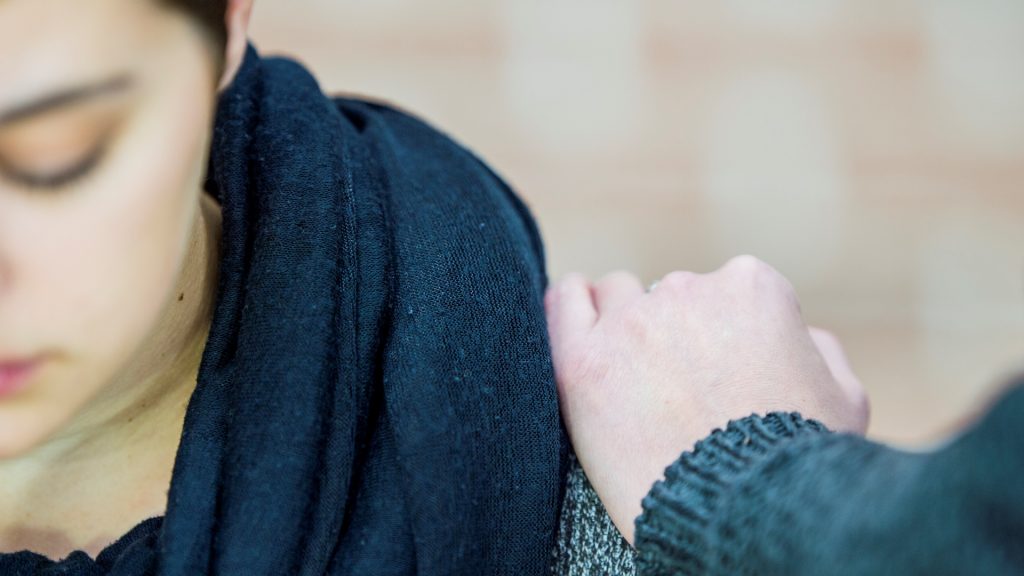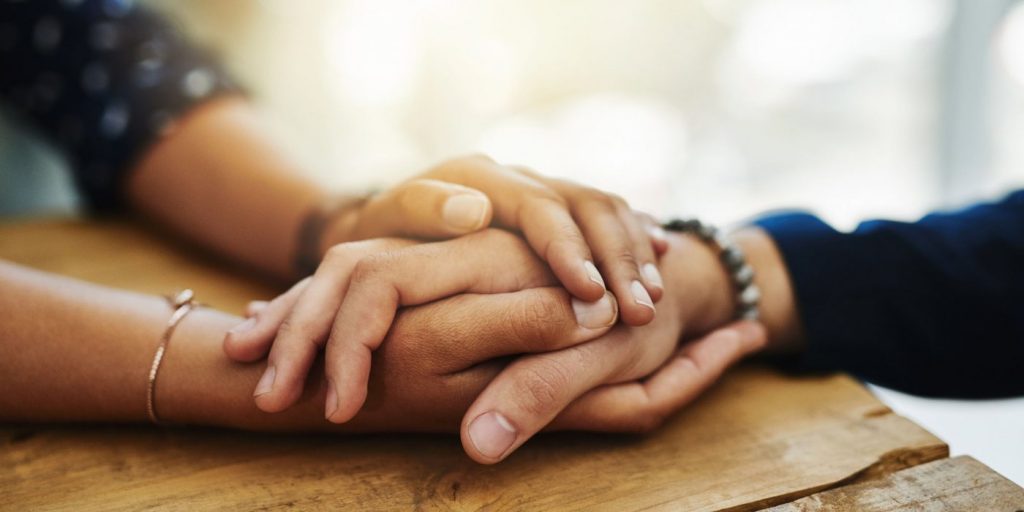Just as no two people are exactly alike, there also are no two identical ways of dealing with the death and grieving process. There are a number of factors in dealing with grief, from the personal connection to the deceased to the way he or she died, and everything in between. There does seem to be a common thread in how the death and grieving process plays out, however. Many aspects of the death and grieving process illustrate the emotions experienced after a loved one has died.

The Purpose of Grief
Grief is the mind’s way of coping with death. The way grief feels varies from one person to the next; however, it is often described as feeling like a hole punched directly through the heart. It is essential to recognize grief and allow it to take its course. Time doesn’t heal all wounds, but with a little work and allowing grief to happen, it can be eased. Denying grief is unhealthy, and will lead to unnecessary pain in the future. The Stages of Grief One of the common philosophies of the death and grieving process was developed by psychiatrist Elisabeth Kübler-Ross in 1969. In her studies, she recognized that there are certain stages of grief. Denial usually comes first. The thought, “This isn’t happening. I won’t believe it,” commonly runs through the mind of the bereaved. A person may feel completely numb at this point in the grieving process. “Why me?” is frequently the thought at the “anger” stage. It is during this stage of the grieving process that individuals try to find out why their loved one has died and make sense of the tragedy. It isn’t even uncommon to be angry at the person who died. Bargaining: “I would do anything to get them back. You name it.” In desperation, individuals in this stage of grief attempt to bargain with God or the universe in order to get back the loved one they have lost. An individual in the “depression” stage of the death and grieving process might feel too sad to do anything. Depression caused by death mimics that of clinical depression, but it is different.

Acceptance
This is a feeling of calm that comes over the

Common Emotions
There isn’t a recipe for the emotions felt while grieving, but there are common emotions reported throughout the death and grieving process. These include shock and numbness, most frequently felt at the outset of the grieving process as the mind becomes overwhelmed by dealing with the loss; guilt from worrying that there was something that could have been done differently; and frustration and hopelessness because something you didn’t want to happen has happened, and there’s nothing you can do to change it.
There isn’t a recipe for the emotions felt while grieving, but there are common emotions reported throughout the death and grieving process. These include shock and numbness, most frequently felt at the outset of the grieving process as the mind becomes overwhelmed by dealing with the loss; guilt from worrying that there was something that could have been done differently; and frustration and hopelessness because something you didn’t want to happen has happened, and there’s nothing you can do to change it.

Common Behavior
Grieving people may experience adverse
Warnings Don’t drive or operate heavy machinery in the midst of intense grief. Allow yourself time to cry, get angry, or whatever you need to do while in a safe place. Avoid alcohol and drugs. Though it may feel like a way to heal from the situation, it is not only